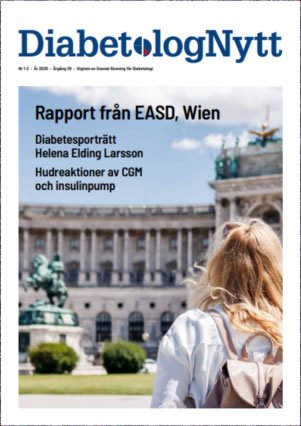TUESDAY, Jan. 29 (HealthDay News) — In patients undergoing primary angioplasty for ST-segment elevation myocardial infarction (STEMI), diabetes is associated with worse long-term outcomes, including mortality, reinfarction, stent thrombosis, and target vessel revascularization (TVR), according to research published online Dec. 28 in Diabetes Care.
Giuseppe De Luca, M.D., of the Eastern Piedmont University in Novara, Italy, and colleagues studied the impact of diabetes on long-term outcome in 6,298 patients with STEMI undergoing primary angioplasty with either bare metal stents (BMS) or drug-eluting stents (DES).
Overall, 15.4 percent of patients had diabetes; these patients tended to be older; female; and have hypertension, hypercholesterolemia, and longer ischemia time. At long-term follow-up (1,201 ± 441 days), the researchers found that diabetes correlated with elevated mortality rates (19.1 versus 7.4 percent); reinfarction (10.4 versus 7.5 percent); stent thrombosis (7.6 versus 4.8 percent), with similar temporal distribution for patients with and without diabetes; and TVR (18.6 versus 15.1 percent). Similar results were seen for patients receiving BMS and DES, except for TVR, for which there was no difference between DES-treated patients with and without diabetes. After adjustment for confounding variables, the impact of diabetes on outcome was confirmed.
”This study shows that, among STEMI patients undergoing primary angioplasty, diabetes is associated with worse long-term mortality, reinfarction, and in-stent thrombosis, even with DES implantation, which was able to overcome the known deleterious effect of diabetes on TVR,” the authors write.
Nyhetsinfo
www red DiabetologNytt

